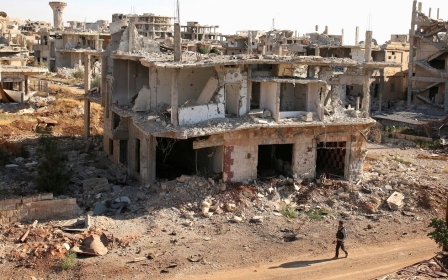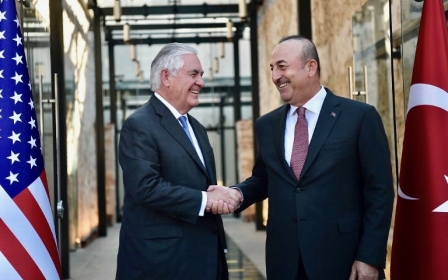Turkey agrees to buy Russian missile defence system

Turkey has agreed to purchase as many as four S-400 missile defence systems from Russia for $2.5bn, a report said on Thursday.
The deal signifies a shift from Turkish reliance on NATO for military aid.
As it stands now, Russia will send two S-400s to Turkey next year with plans to build another two inside Turkey, Bloomberg News reported, citing a Turkish official.
It would mark the first time that Turkey has bought high-tech military equipment from Russia since an arms agreement was made after the fall of the Soviet Union.
Turkey currently relies on NATO-deployed missile batteries for long-range defence and any S-400 bought by Turkey would not be able to integrate into the NATO system.
Prior to the potential S-400 deal, Turkey had purchased only minor weaponry including rocket-propelled grenades from Russia.
Russia first participated in a Turkish military tender for attack helicopters in 1995, but failed with a joint Israeli bid.
Russian forces deployed S-400s to Syria last year to protect its bases, although the system failed to detect or disrupt a US Tomahawk cruise missile strike on a Syrian government airbase in April, prompting consternation among Russian defence experts.
Meanwhile, Russia is open to discussing partially lifting its ban on tomato imports from Turkey, provided the move does not harm its own farmers or investors, agriculture minister Alexander Tkachev told Reuters on Thursday.
In a bid to resolve a trade row with Russia, Ankara has proposed that Moscow lift the ban on Turkish tomatoes during periods when Russian farmers are unable to grow their own.
Stay informed with MEE's newsletters
Sign up to get the latest alerts, insights and analysis, starting with Turkey Unpacked
Middle East Eye delivers independent and unrivalled coverage and analysis of the Middle East, North Africa and beyond. To learn more about republishing this content and the associated fees, please fill out this form. More about MEE can be found here.




